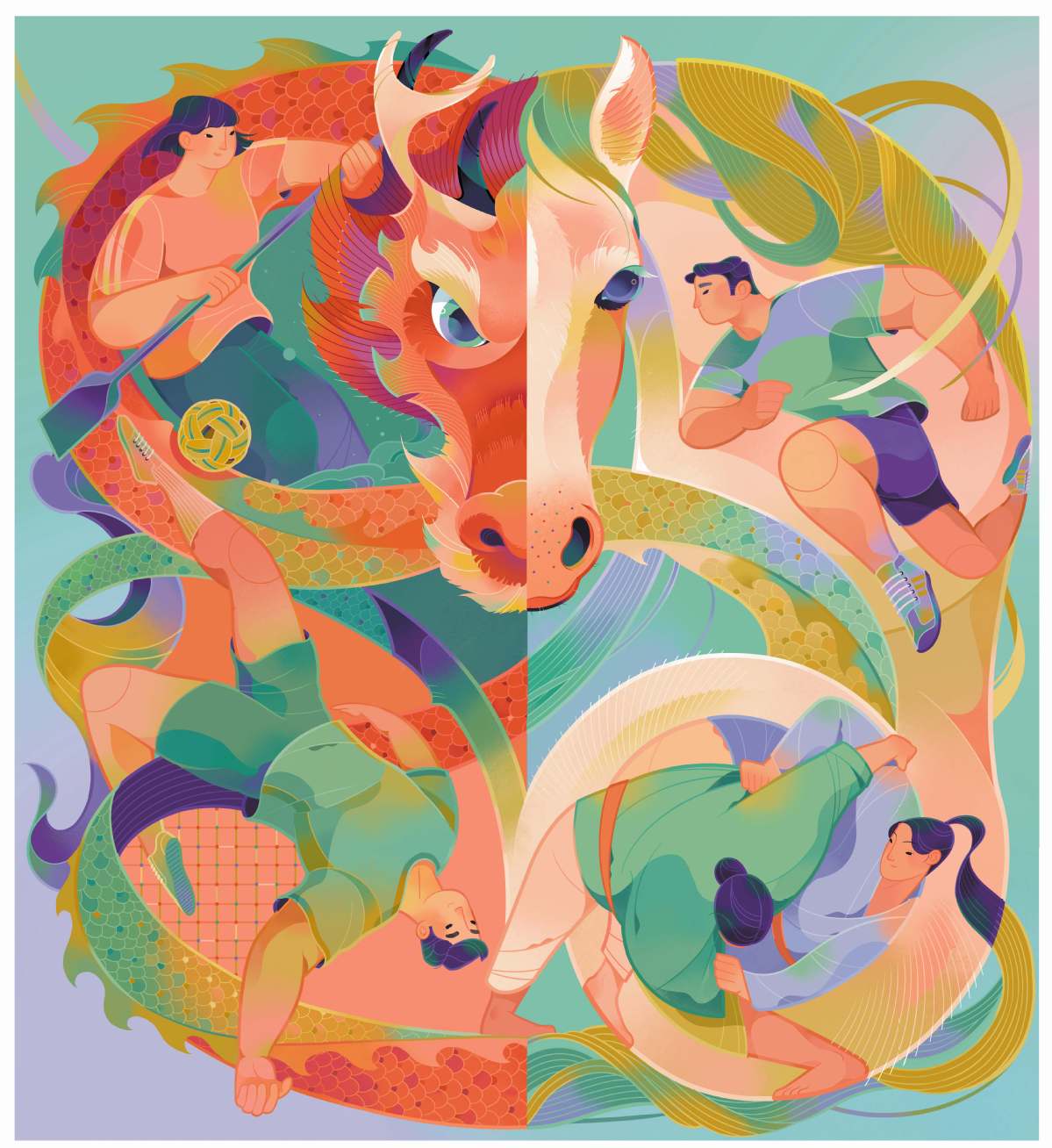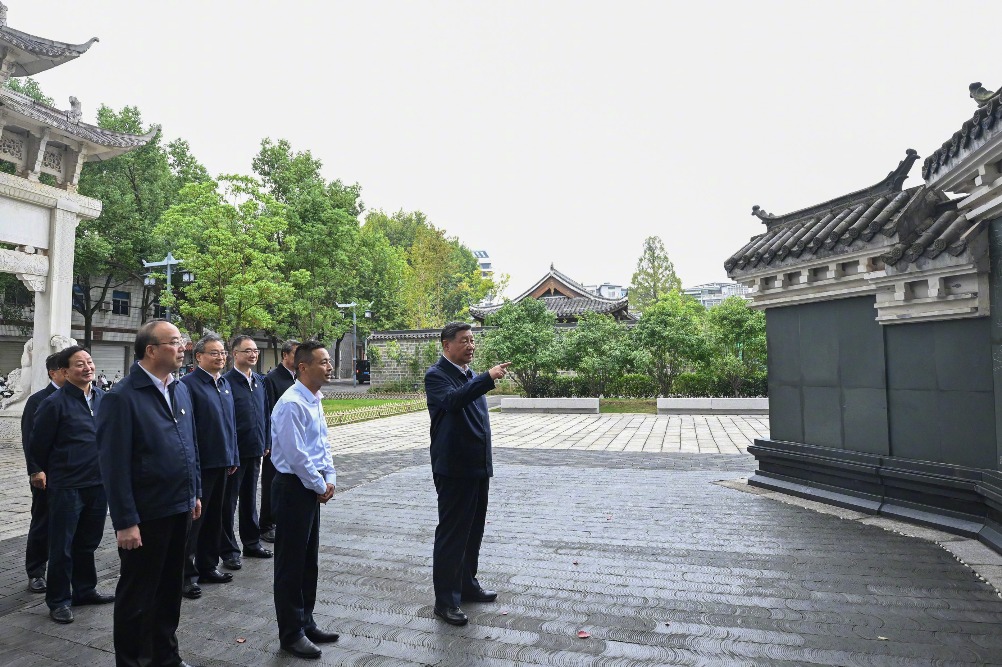Asia's global sporting influence highlighted


The 19th Asian Games, which ended in Hangzhou, capital of Zhejiang province, on Sunday evening, attracted worldwide attention.
Despite being postponed for a year due to COVID-19 pandemic, organizers said the sporting extravaganza returned in style, with the opening ceremony and related coverage attracting a total of 503 million views.
Some 12,500 athletes from the 45 national and regional Olympic committees in Asia registered for the Hangzhou Asiad. A record of 481 gold medals in 40 sports were up for grabs, making it the biggest edition of the Games to date.
Featuring Olympic and non-Olympic sports, the Asian Games are often described as the world's second-largest multisport event after the Olympic Games, but the number of athletes taking part in Hangzhou surpassed the 11,309 competitors for the Tokyo Olympics, which were scheduled to take place in 2020, but were also postponed for a year due to the pandemic.
The Hangzhou Games coincided with the 110th anniversary of the Asian Games, giving the event particular significance.
Raja Randhir Singh, acting president of the Olympic Council of Asia, or OCA, who comes from India, said the ever-evolving Asian Games underline the growing influence of Asia on the global sporting stage.
Singh, a five-time Olympian shooter, won gold in men's trap at the 1978 Asian Games in Bangkok. During an anniversary celebration gala on the sidelines of the Hangzhou Games, he said: "The OCA prides itself on its diversity of culture throughout the continent. There is much more to the Asian Games and the OCA than elite sports competition."
The Asian Games, held every four years for athletes from across the continent, are arguably its first multisports event, first staged in 1913 in Manila, the Philippines, and initially known as the Oriental Games, before being renamed the Far Eastern Championship Games, or FEC.
After 10 editions of the FEC held through 1934, Asian National Olympic Committees, or NOCs, started discussions at the 1948 Olympic Games in London on creating a unified multisports event for all the continent's NOCs.
These discussions led to the first Asian Games, staged in New Delhi, the Indian capital, in 1951, and featuring athletes from 11 NOCs in 12 sports. Indian IOC member Guru Dutt Sondhi was a key figure in founding the Asiad.
The Asiad was organized by the Asian Games Federation until 1982, when the federation was succeeded by the OCA, which was later recognized by the International Olympic Committee. Before the Hangzhou Games, only nine nations had hosted the Asian Games since 1951. A total of 46 NOCs have been represented at the Games, including that of Israel, which competed from 1954 to 1974.
In 2018, the Asian Games took place in Jakarta and Palembang, Indonesia, and featured all 45 NOCs that are currently part of the OCA.
Although based originally on the format for the Olympic Games, the Asian Games boast regional sports with distinct Asian characteristics, including dragon boat racing, kabaddi (a team contact sport), sepak takraw (kick volleyball) and kurash (a folk wrestling discipline).
Most Popular
- Qi Ying becomes China's first men's trap winner at ISSF World Cup Final
- Wim Fissette becomes Iga Swiatek's coach
- Real Madrid backs Mbappe amid Swedish rape investigation reports
- Tuchel targets World Cup glory as England manager
- Shanghai leg of the FISE World Series kicks off
- Olympic champion Li Yuehong wins men's 25m rapid fire pistol































